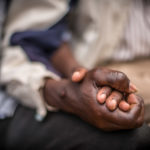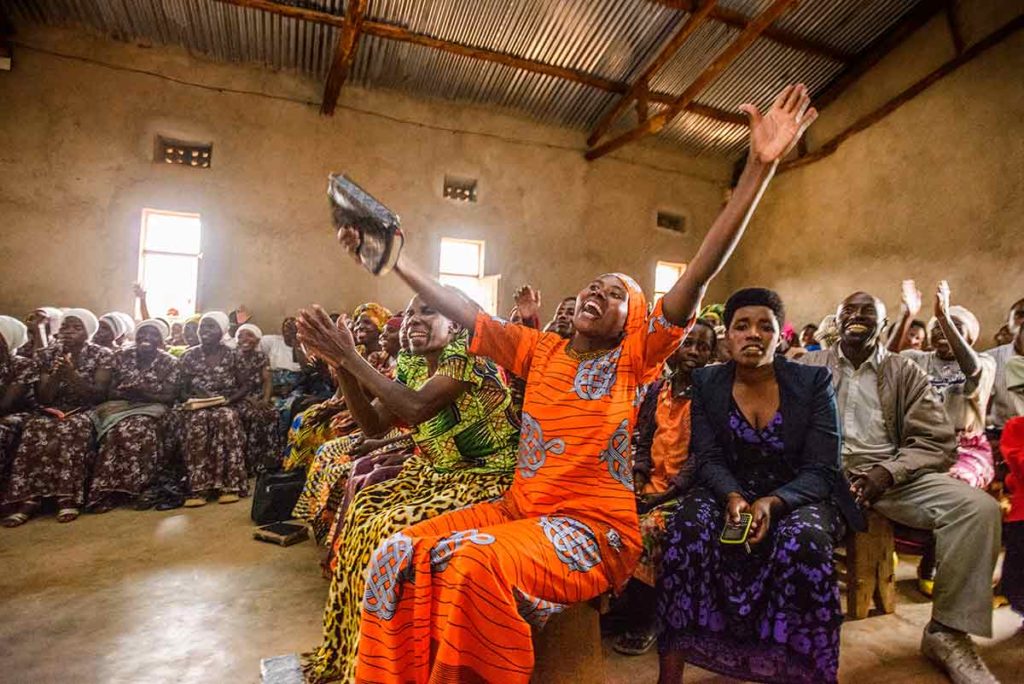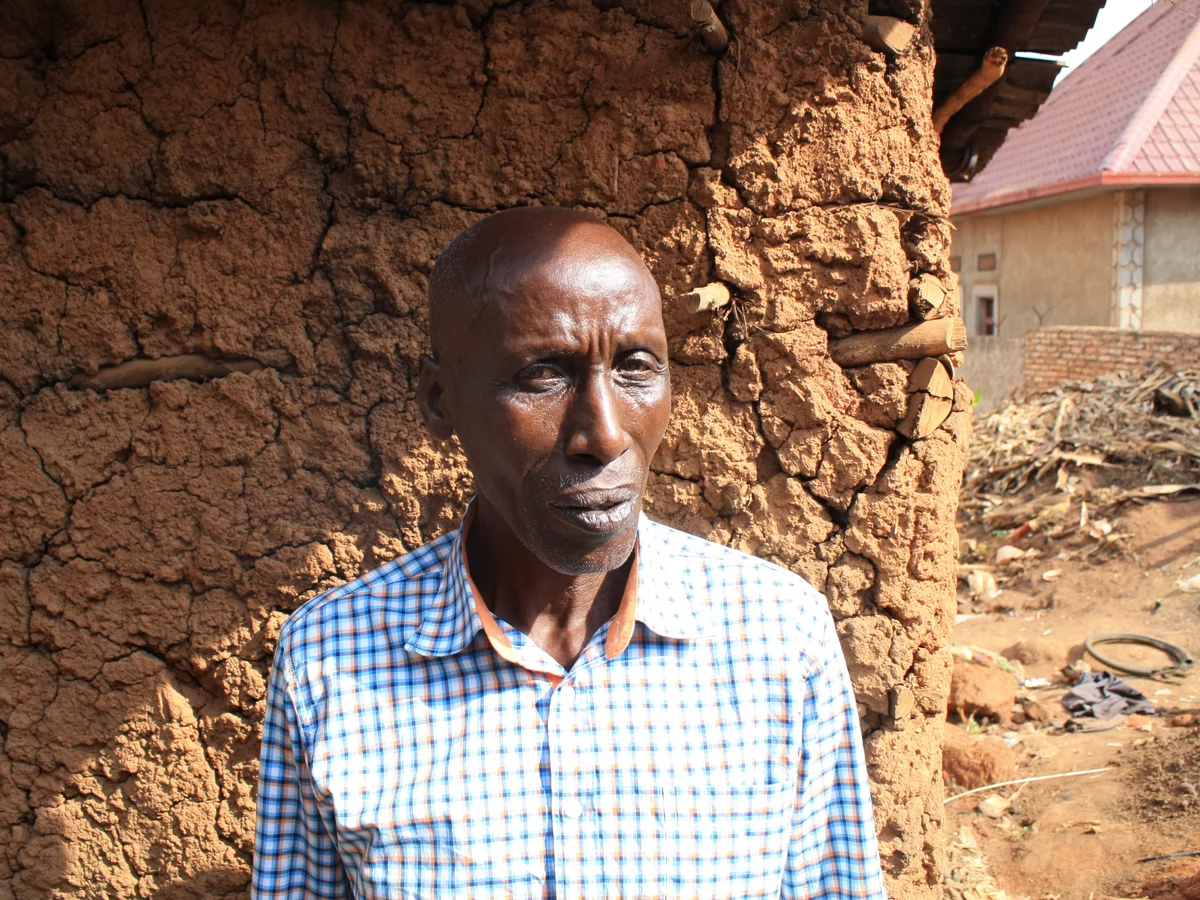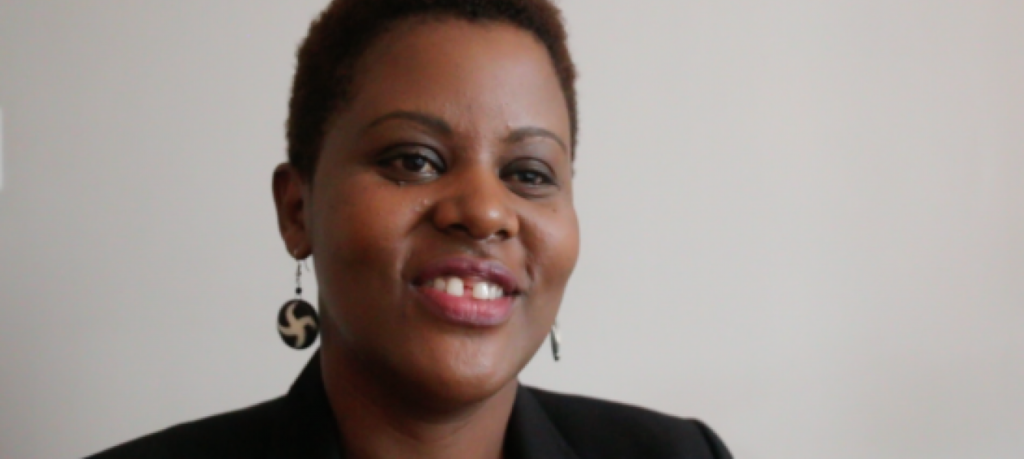
Remembering The Rwandan Genocide
The Rwandan genocide occurred between April 7th and July 15th of 1994. During this period of approximately 100 days, members of the Tutsi minority ethnic group, and members of the Hutu majority ethnic group were killed. It is estimated that as many as 800,000 people lost their lives during this genocide.
Below is an educational video explaining the events that occurred in Rwanda 1994.
How are the survivors and the people of Rwanda doing today? Was there justice for the Rwandan Genocide?
A Human Rights Watch article stated in their 2020 world report that “twenty-five years after the 1994 genocide, a significant number of people responsible for the genocide, including former high-level government officials and other key figures, have been brought to justice. In recent years, the Rwandan government has requested extradition treaties with dozens of countries in an attempt to try remaining genocide suspects in Rwanda”. The country is trying to hold those who are responsible for this tragedy to account, and make sure that it does not happen again.

One survivor, Innocent Gasinzigwa, who lost his entire family during the genocide was interviewed and asked how moves on from the genocide in Rwanda? He answered ““all of what they did, all of the killing — they didn’t get anything from it,” he says. “For my heart to be cleansed, the only way is forgiveness.” He seems aware this may be difficult for outsiders to comprehend, so he continues to explain. “It’s the only way to do it,” he says. If he didn’t forgive, the hate would only fester and turn toward vengeance, and then he would be no better than they were. “For me, it’s the only way — it’s the only thing I can do, to forgive”” (2020 NPR interview).

Another survivor, Consolee Nishimwe, has used her experience to advocate and help others. In an article by the United Nations she stated “being able to tell my personal story to others helped me in my healing journey. People are still going through tragedies around the world. Terrorist groups are doing horrible things to people. This is why we need to speak up and be a voice for these people”. Being able to speak about her experiences and help other people who are going through the same thing as her, has helped her to heal from her pain and tragedy. Being an advocate for social change and a voice of the people who are no longer here has given her a sense of peace.

All in all, the people are Rwanda are still healing and grieving from the genocide that happened in their country. They are awaiting justice to be served on those responsible, they are trying to find peace in their lives by making the best out of a tragic situation, and a lot of them have turned into social justice advocates in order to ensure nothing like this happens again.
Tags: gender justice, peace education, racial justice, social justice
